As global climate change intensifies, many governments are actively promoting net-zero carbon emission policies. In recent years, Taiwan has also aimed to include net-zero emissions by 2050 in the Climate Law, making carbon reduction increasingly crucial for businesses. This push has sparked a surge of interest in green energy, both from companies seeking to reduce carbon emissions and from investors. As a result, Taiwan's green energy supply chain has begun to take shape, encompassing EPC contractors, power generation, energy storage, and the final stage of electricity retailing.
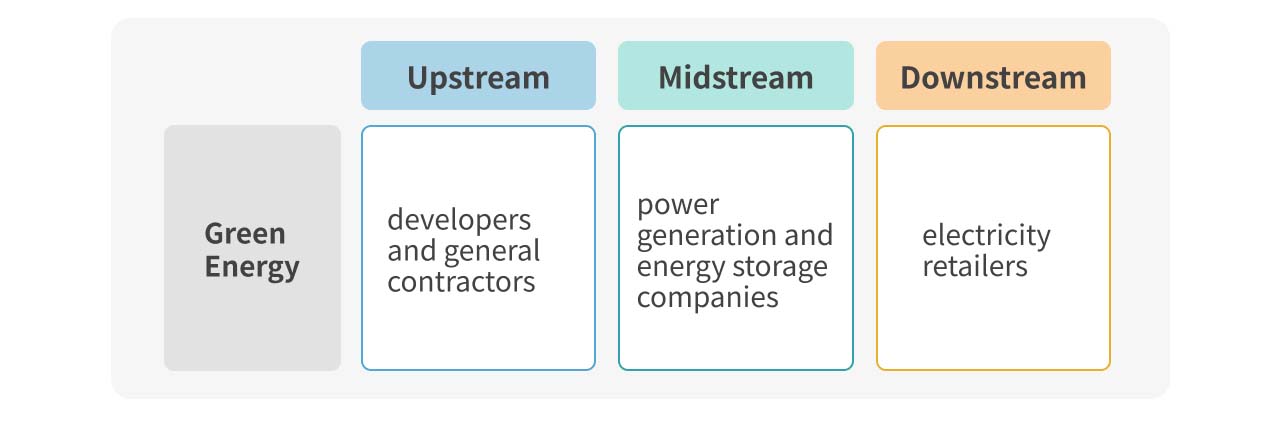
Green Energy Industry Upstream: EPC Contractors
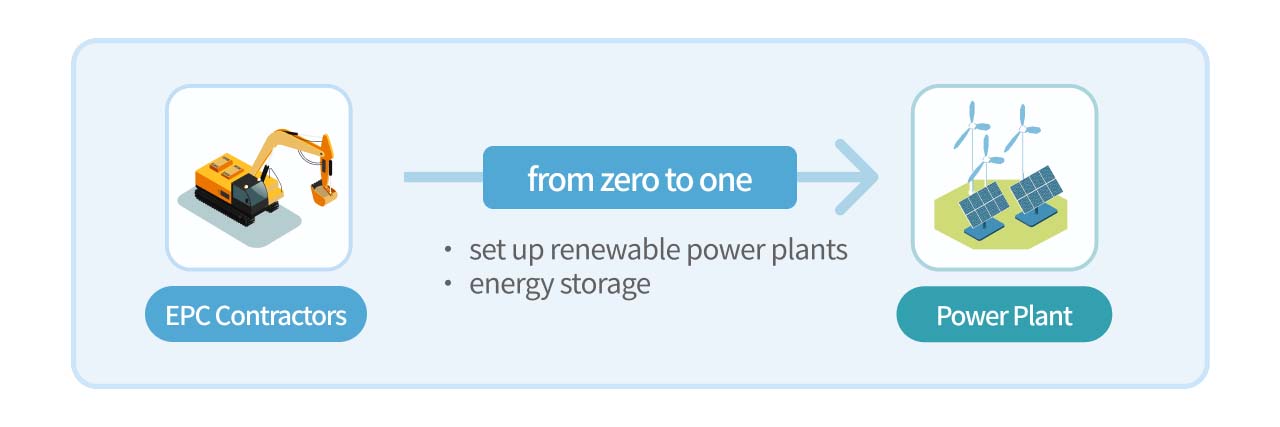
EPC contractors (Engineering, Procurement, and Construction) are responsible for everything from the initial planning and design, to raw material procurement, and ultimately construction. They oversee the entire process until the project is completed, ensuring quality and safety. There are two main types of contracts: one for setting up renewable energy power plants and another for energy storage systems. Since Taiwan's green energy industry is still in its early stages, much of this work is handled by private companies or subsidiaries of large corporations. Prominent names in this space include Chung-Hsin Electric (1513), HD Renewable Energy (6873).
Green Energy Industry Midstream: Power Plants & Energy Storage
Power Plants
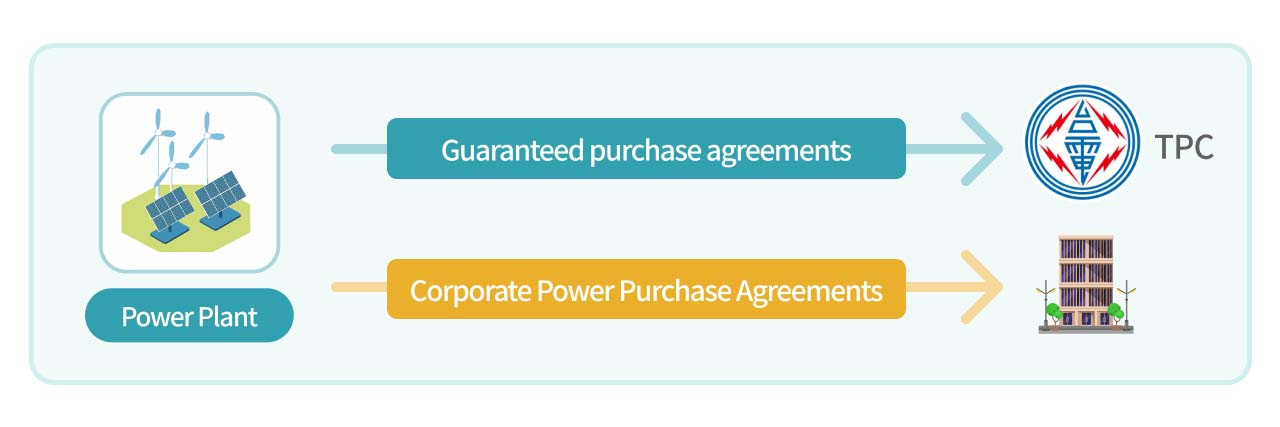
Power plant operators hold ownership of the power plants, managing them either internally or through outsourcing. These operators generate revenue in two primary ways:
- Guaranteed purchase agreements with Taiwan Power Company (TPC): Ensure the sale of energy at a fixed rate for the contract duration, accounting for about 60% of renewable energy sales.
- Corporate Power Purchase Agreements (PPAs): Sell power directly to corporations or through electricity retailers.
Besides solar power plants, offshore wind energy has also gained significant traction as a key area for Taiwan's energy development. Taiwan's strong and stable offshore winds make it an ideal location for wind energy, positioning this sector as a market focus.
- Onshore wind energy: While technically mature, faces public resistance due to noise concerns, making it less suitable for Taiwan’s densely populated areas.
- Offshore wind energy: Free from these noise issues and benefiting from strong winds, offering greater potential for Taiwan’s energy needs.
Prominent offshore wind energy companies include Shinfox Energy (6806), J&V Energy (6869), which are also fully integrated firms providing one-stop services from development to power storage and retail.
| Renewable Energy Type | Market Share |
|---|---|
| Owned by TPC | 30.3% |
| Contracted with TPC | 64.2% |
| Contracted with Corporations | 5.5% |
Energy Storage
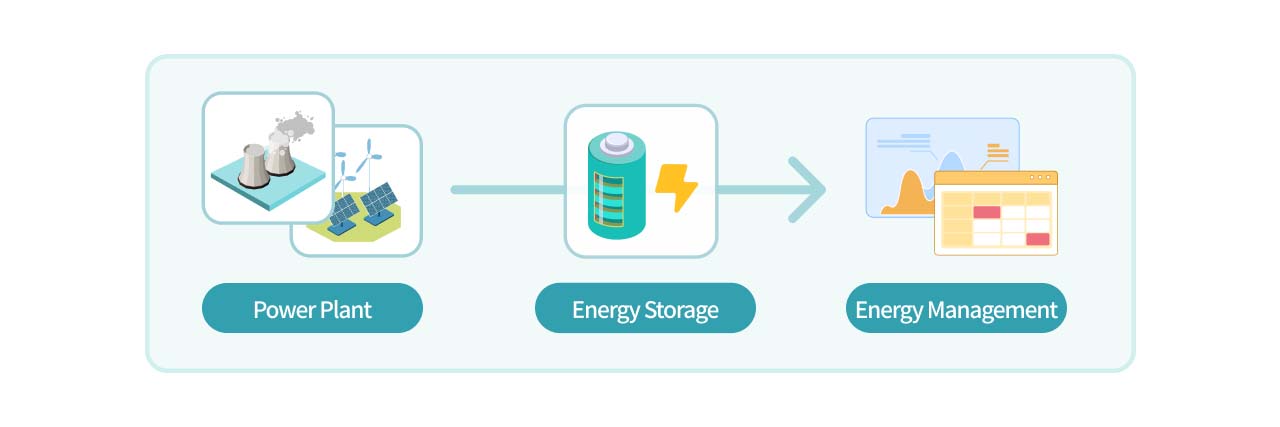
Due to the fluctuating nature of renewable energy sources, energy storage providers play a crucial role in stabilizing power supply. These companies not only offer energy management services but also regulate the grid to ensure steady electricity distribution. In addition, they provide battery and energy system management solutions and can participate in TPC’s bids for grid services during power outages, earning additional revenue. Prominent energy storage companies in Taiwan include Delta Electronics (2308), Tatung Company (2371), and TCC Green Energy Corp (subsidiary of Taiwan Cement Corp (1101)).
Green Energy Industry Downstream : Electricity Retailers
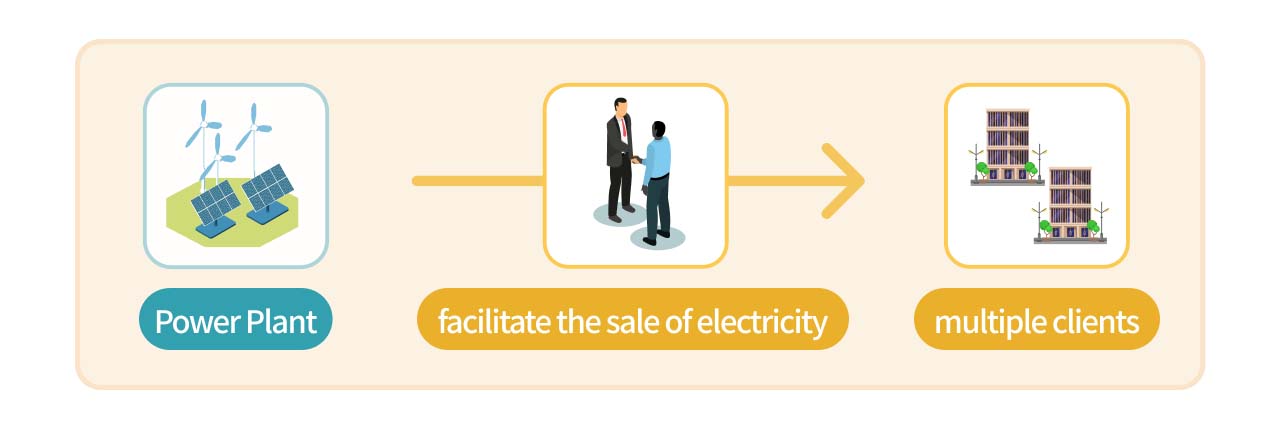
Electricity retailers serve as intermediaries between power plants and corporate buyers, facilitating the sale of electricity to multiple clients. Since these retailers do not need to generate their own electricity, the industry has relatively low entry barriers. Currently, electricity transactions in Taiwan are somewhat limited, but as the market evolves and demand for more diverse options increases, electricity retailers will likely play an even bigger role. A leading player in Taiwan’s electricity retail market is Taiwan Cogeneration Corporation (8926).
Conclusion
In addition to the growing awareness of environmental sustainability driving green energy development, global carbon pricing is becoming more widespread. The emergence of a market for carbon credits means that companies now have to factor their carbon emissions into their operational costs. Using renewable energy for power (green electricity) can help companies reduce their overall carbon footprint. As the demand for carbon reduction grows, it will significantly influence the future of the green energy industry. In Taiwan, green energy is still in its infancy, but its potential growth is immense.
For more articles related to green energy, check out our Introduction to Taiwan Carbon Exchange
